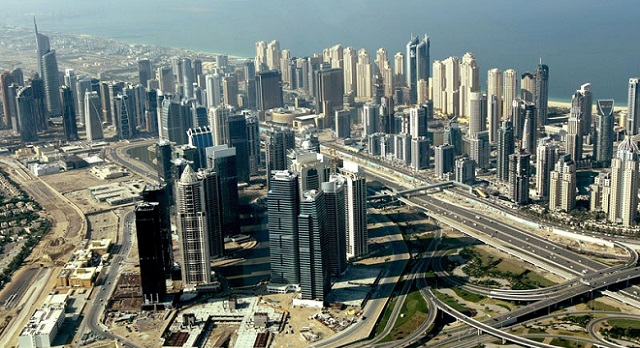
How Dubai, a city state ruled by an absolute monarch, challenges Western notions of rationalism and individual autonomy
THE LAST WORD | ANDREW M. MWENDA | I spent the whole of this week in Dubai, the second richest emirate of the United Arab Emirates. It is a city-state that both impresses and intrigues. It lacks all the elements of what we know to be “good governance.” Yet it has been extraordinarily successful in economic transformation and at political stability. This article is therefore a conversation with my friends in the Western intellectual tradition who believe that there is only one route to a good life – liberal democracy and its accompanying regime of rights, other elements of which I will elaborate later.
Dubai has a GDP of $102 billion and an annual budget of about $ 16 billion. Yet only 5% of its GDP is from oil. It depends on a highly diversified economy based on human skill to grow and generate public revenues. So, it has a financial city, a media city, a health city and a tech city. In the last twenty years it has grown at a staggering pace, from a small town to a sprawling metropolis. Its growth has been driven by services, with very little manufacturing. This defies two things: first that economies based on human skill need individual liberty and freedom to succeed; and second that transformation is driven by manufacturing.
Dubai has a population of 3.3 million people of whom only 11.48% are citizens. The rest are migrant workers from all over the world – South Asia (about 45% of the population), the middle east, Africa and Europe. So, it is a melting pot of nearly the entire world. Ordinarily this should be a recipe for social tensions yet the country is largely peaceful and people live harmoniously – no riots or ethnic and racial protests. Where liberal democracies like the USA, UK and France struggle to keep their multiracial societies together, Dubai seems to sail smoothly and seamlessly.
Received wisdom says that to develop a country needs to copy the Western political system of an independent parliament, an independent judiciary, vibrant mass media, a vocal civil society and a multitude of political parties all competing for power and influence. Dubai is a traditional monarchy without elections, and all the above attributes. The traditional ruler, the emir, with a small council of advisors decides what is good for his people. It is even hard to distinguish between the private wealth of its traditional ruler and the public finances of the state of Dubai.
Dubai teaches us that for countries to develop, they do not necessarily have to mimic everything the Western world does. And if they have to borrow from the West, it has to be in their own way, at their own pace and root new ideas in their culture, nourished by their traditions. It is possible that Africa’s endless pursuit of the Western governance ideal explains in large part the source of our crisis. Indeed, even in the West itself, things do not work according to the governance ideal we find in textbook descriptions.
The post No one size fits all appeared first on The Independent Uganda:.
from The Independent Uganda: https://ift.tt/3Du2mON
0 Comments